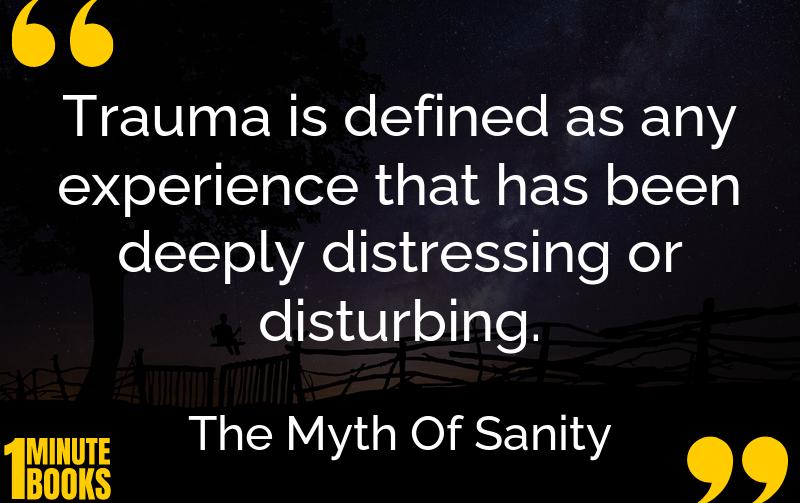
Martha Stout explores how trauma impacts mental health, highlighting the universality of dissociative experiences and challenging stigmas surrounding them.
Main Lessons
- Trauma is not limited to extreme events; any deeply distressing experience qualifies.
- Everyone is susceptible to dissociation, losing a sense of presence during trauma.
- Stigmatizing dissociation and mental health issues is harmful and incorrect.
- Trauma can have long-lasting impacts on sleep and daily function.
- Sleep debt from traumatic experiences accumulates, affecting mental health.
- A psychological abusive environment can mimic physical threats mentally.
- Recovery requires the belief that one is finally safe, which isn’t automatic.
- Dissociative Identity Disorder (DID) involves fractured identities due to extreme trauma.
- Alters in DID can have their own memories and characteristics.
- Education and destigmatization are crucial for managing mental health effectively.
- Support, not judgement, is vital for trauma survivors.
- Improving mental health understanding can lead to better support systems.
- Trauma can dysregulate emotions until proper healing is achieved.
- DID is often rooted in childhood trauma, manifesting differently in adulthood.
- A narrow view of trauma hinders healing and awareness.








